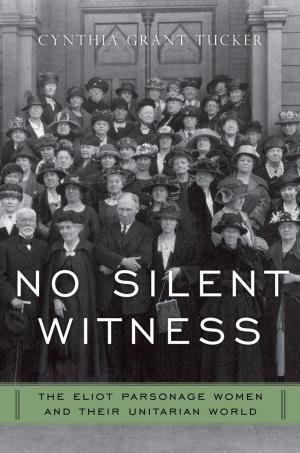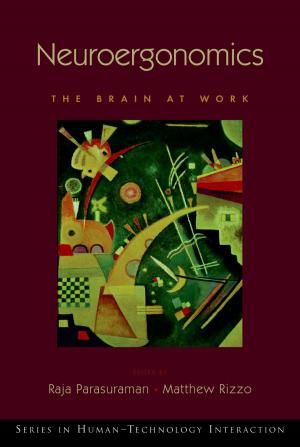An Ordinary Marriage
The World of a Gentry Family in Provincial Russia
Nonfiction, History, Modern, 19th Century, Asian, Russia| Author: | Katherine Pickering Antonova | ISBN: | 9780199311439 |
| Publisher: | Oxford University Press | Publication: | December 17, 2012 |
| Imprint: | Oxford University Press | Language: | English |
| Author: | Katherine Pickering Antonova |
| ISBN: | 9780199311439 |
| Publisher: | Oxford University Press |
| Publication: | December 17, 2012 |
| Imprint: | Oxford University Press |
| Language: | English |
An Ordinary Marriage is the story of the Chikhachevs, middling-income gentry landowners in nineteenth-century provincial Russia. In a seemingly strange contradiction, the mother of this family, Natalia, oversaw serf labor and managed finances while the father, Andrei, raised the children, at a time when domestic ideology advocating a woman's place in the home was at its height in European advice manuals. But Andrei Chikhachev defined masculinity as a realm of intellectualism; the father could be in charge of moral education, defined as an intellectual task. Managing estates that often barely yielded a livable income was a practical task and therefore considered less elevated, though still vitally important to the family's interests. Thus estate management was available to gentry women like Natalia Chikhacheva, and the fact that it inevitably expanded their realm of influence and opportunity (within the limits of their estates), and that it increased their centrality to the family's material security relative to their social counterparts to the west, was accidental. An Ordinary Marriage examines the daily activities and ideas of the family based on multiple overlapping diaries and informal correspondence by the husband, wife, and son of the family, as well as the wife's brother. No such cache of intimate Russian family documents has ever previously been studied in such depth. The family's relative obscurity (with no pretensions to fame, wealth, or influence) and the presence of a woman's private documents are especially unusual in any context. The book considers the Chikhachevs' social life, reading habits, attitudes toward illness and death, as well as their marital roles and their reception of major ideas of their time, such as domesticity, Enlightenment, sentimentalism, and Romanticism.
An Ordinary Marriage is the story of the Chikhachevs, middling-income gentry landowners in nineteenth-century provincial Russia. In a seemingly strange contradiction, the mother of this family, Natalia, oversaw serf labor and managed finances while the father, Andrei, raised the children, at a time when domestic ideology advocating a woman's place in the home was at its height in European advice manuals. But Andrei Chikhachev defined masculinity as a realm of intellectualism; the father could be in charge of moral education, defined as an intellectual task. Managing estates that often barely yielded a livable income was a practical task and therefore considered less elevated, though still vitally important to the family's interests. Thus estate management was available to gentry women like Natalia Chikhacheva, and the fact that it inevitably expanded their realm of influence and opportunity (within the limits of their estates), and that it increased their centrality to the family's material security relative to their social counterparts to the west, was accidental. An Ordinary Marriage examines the daily activities and ideas of the family based on multiple overlapping diaries and informal correspondence by the husband, wife, and son of the family, as well as the wife's brother. No such cache of intimate Russian family documents has ever previously been studied in such depth. The family's relative obscurity (with no pretensions to fame, wealth, or influence) and the presence of a woman's private documents are especially unusual in any context. The book considers the Chikhachevs' social life, reading habits, attitudes toward illness and death, as well as their marital roles and their reception of major ideas of their time, such as domesticity, Enlightenment, sentimentalism, and Romanticism.















